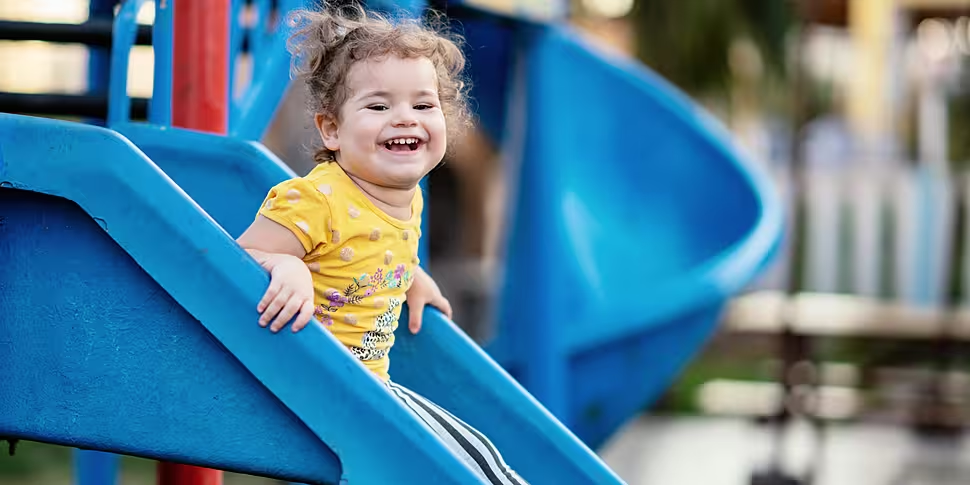There is an increase in children being assessed with delayed language skills as a result of the pandemic.
That's according to speech and language therapist, Aisling Keogh.
It comes as figures from Britain suggest nearly 20% of toddlers are not meeting expected developmental goals.
Aisling told The Hard Shoulder she agrees with those assessments.
"I'm definitely seeing an increase in children coming in with delayed language skills.
"So a lot of toddlers who wouldn't have had exposure to creches and early childhood settings."
She says the 20% figure is "probably reflective in my practice as well".
Aisling says the benefits to children who are at home with their parents has limits.
"A lot of parents are working and balancing more than one child in the home at the same time.
"The interaction between a parent and a child is invaluable, and a lot of parents have been trying to occupy their children while trying to multi-task with other jobs in the home.
"Whereas spending that one-to-one time has shown for some children to really benefit.
"But it's the social interaction that has also been the difficulty for them: where they're not getting that engagement and learning those fundamental skills such as turn-taking, and looking and listening".
'Delayed identification'
She says children are also using more technology.
"A lot of children have been exposed to an increase amount of technology - so the ability of being able to take turns and to listen and to focus on things has been impaired for some children."
Asked what impact this may have as they return to creche, she says: "I suppose one of things is a delayed identification of children with difficulties.
"The montessori's and creches would have maybe seen a child maybe around the age of two.
"Now it's even up to the age of four before they're starting in creches, where some of these difficulties could have been addressed a bit earlier.
"That's kind of where we're seeing the overflow, then, that we're seeing the children a little bit later then.
"Even with hearing assessments - those development milestones with public health nurses and audiology - that's kind of happening a little bit later.
"So we're trying to get them to catch up to reach their milestones from a later base".
Aisling says comparing your child to others can have its advantages.
"People do say 'Don't compare', but you can't know what's going well without comparing.
"Always talk with the public health nurse firstly... they can help put the parents in touch with the right people."
And she believes the wearing of facemasks is likely to "be a factor" in some of the cases.
"If you think about it: we're seeing the eyes, and the eyes are so expressive.
"But our mouths can be so expressive too - in the home, getting down face-to-face with the child can really make that difference.
"But children are adaptive, and we all have adapted really well to this.
"So I don't think it's enough to explain a reason why a child might be delayed, but it certainly can be a factor".









